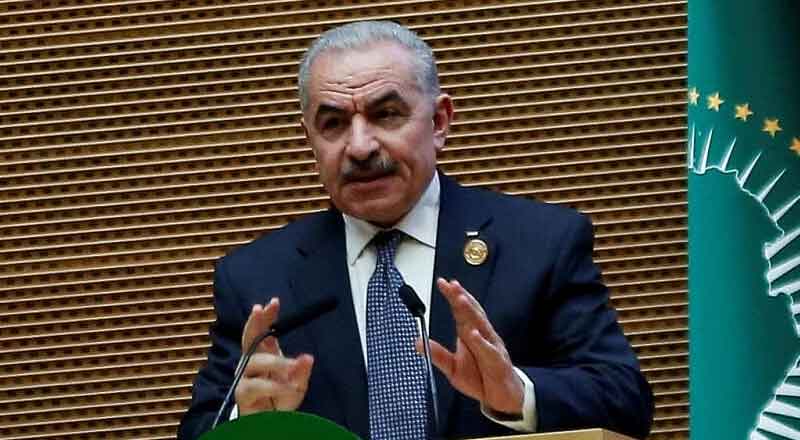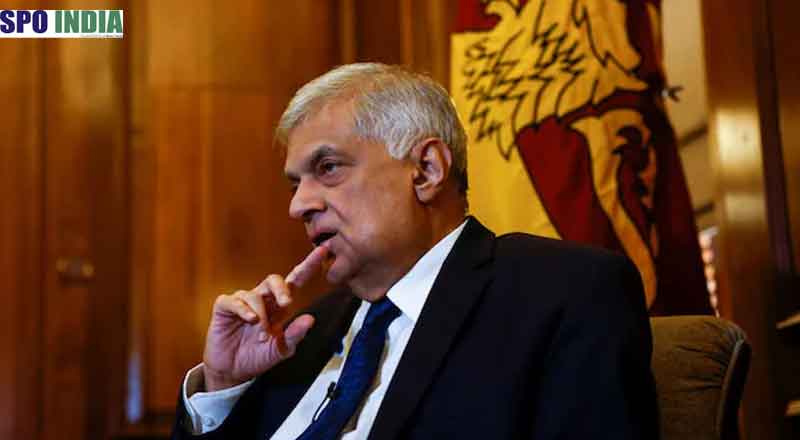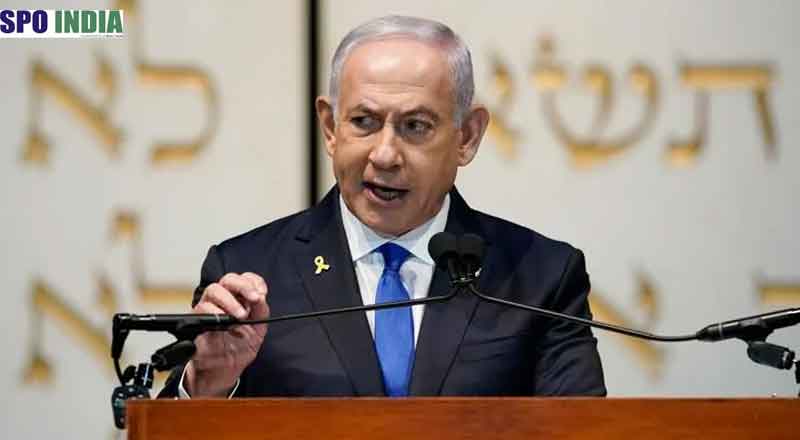- Palestinian Prime Minister Mohammad Shtayyeh announced his resignation, along with that of his government, amidst the escalating Israel-Hamas conflict.
- Shtayyeh’s resignation comes amid growing pressure from the United States for the Palestinian Authority to undergo reforms and contribute to international efforts to quell hostilities in Gaza.
- Senior Hamas official Sami Abu Zuhri emphasized that Shtayyeh’s resignation should be viewed within the context of broader national consensus efforts for the post-conflict phase.
- The occupied West Bank has witnessed a surge in violence following a Hamas attack on southern Israel on October 7, which resulted in significant casualties.
- Israel’s retaliatory strikes on Gaza have exacerbated the humanitarian crisis, leading to a tragic loss of civilian lives.
- Shtayyeh’s resignation marks a pivotal moment in Palestinian politics.
Palestinian Prime Minister Mohammad Shtayyeh announced his resignation, along with that of his government, amidst the escalating Israel-Hamas conflict. Shtayyeh revealed his decision at a press conference, citing the unprecedented violence in the West Bank, Jerusalem, and Gaza as the impetus for his resignation.
Having assumed office in 2019, Shtayyeh’s resignation comes amid growing pressure from the United States for the Palestinian Authority to undergo reforms and contribute to international efforts to quell hostilities in Gaza. His departure sets the stage for potential political realignments among Palestinians amid the ongoing conflict.
In his statement, Shtayyeh emphasized the need for new governmental and political structures to address the evolving situation in Gaza and foster national unity among Palestinians. He underscored the urgency of achieving consensus on governance arrangements moving forward.
Senior Hamas official Sami Abu Zuhri emphasized that Shtayyeh’s resignation should be viewed within the context of broader national consensus efforts for the post-conflict phase. The resignation reflects the need for unified political approaches amidst escalating violence and humanitarian crises.
The occupied West Bank has witnessed a surge in violence following a Hamas attack on southern Israel on October 7, which resulted in significant casualties. Israel’s retaliatory strikes on Gaza have exacerbated the humanitarian crisis, leading to a tragic loss of civilian lives.
Shtayyeh’s resignation marks a pivotal moment in Palestinian politics, signaling the imperative for cohesive governance structures to navigate the complexities of the ongoing conflict and its aftermath.
(With inputs from agencies)





